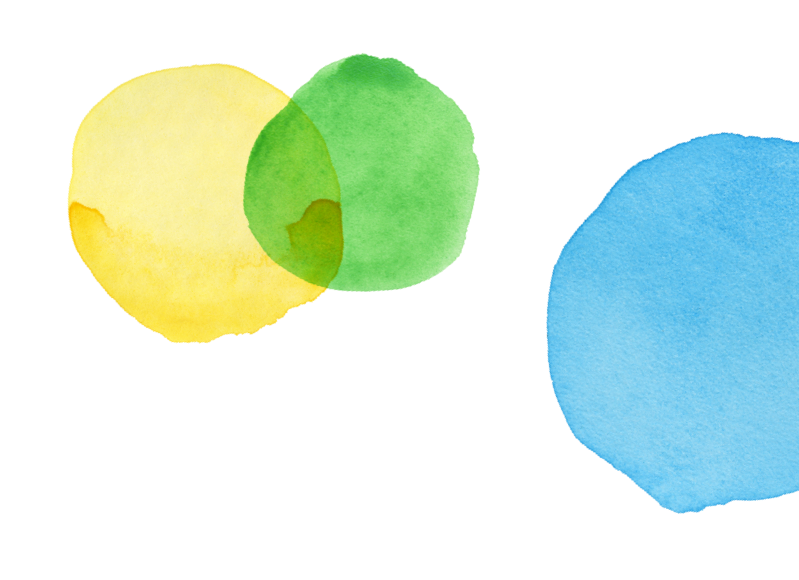Grade 11 - Claim 4 - Target 4

 Back to Results
Back to ResultsEnglish Language Arts
Target 4
Use Evidence
Cite evidence to support arguments, ideas, analyses, hypotheses, or conjectures.
Sample Item
Grade 11Test
Claim 4
Research / Inquiry
Standards
RH-1
Cite specific textual evidence to support analysis of primary and secondary sources, connecting insights gained from specific details to an understanding of the text as a whole.
RH-7
Integrate and evaluate multiple sources of information presented in diverse formats and media (e.g., visually, quantitatively, as well as in words) in order to address a question or solve a problem.
RH-8
Evaluate an author’s premises, claims, and evidence by corroborating or challenging them with other information.
RH-9
Integrate information from diverse sources, both primary and secondary, into a coherent understanding of an idea or event, noting discrepancies among sources.
RST-1
Cite specific textual evidence to support analysis of science and technical texts, attending to important distinctions the author makes and to any gaps or inconsistencies in the account.
RST-7
Integrate and evaluate multiple sources of information presented in diverse formats and media (e.g., quantitative data, video, multimedia) in order to address a question or solve a problem.
RST-8
Evaluate the hypotheses, data, analysis, and conclusions in a science or technical text, verifying the data when possible and corroborating or challenging conclusions with other sources of information.
RST-9
Synthesize information from a range of sources (e.g., texts, experiments, simulations) into a coherent understanding of a process, phenomenon, or concept, resolving conflicting information when possible.
W-1b
Develop claim(s) and counterclaims fairly and thoroughly, supplying the most relevant evidence for each while pointing out the strengths and limitations of both in a manner that anticipates the audience’s knowledge level,...
W-8
Gather relevant information from multiple authoritative print and digital sources, using advanced searches effectively; assess the strengths and limitations of each source in terms of the task, purpose, and audience; integrate information...
W-9
Draw evidence from literary or informational texts to support analysis, reflection, and research.
WHST-8
Gather relevant information from multiple authoritative print and digital sources, using advanced searches effectively; assess the strengths and limitations of each source in terms of the specific task, purpose, and audience; integrate...
WHST-9
Draw evidence from informational texts to support analysis, reflection, and research.
Clarifications
Target 2 will assess analyzing information among texts for research purposes, analyzing information for appropriateness for task, purpose, and audience, and paraphrasing for the purpose of integrating information while avoiding plagiarism. Target 3 will...
Range Achievement Level Descriptors
Evidence Required
1
The student will cite evidence to support arguments, ideas, analyses, hypotheses, or conjectures.
Item Guidelines

Depth of Knowledge
RE-DOK2
Level 2 includes the engagement of some mental processing beyond recalling or reproducing a response; it requires both comprehension and subsequent processing of source materials used for research or portions of those sources. Some important concepts are covered but not...
Allowable Item Types
- Hot Text, select text
- Multiple Choice, single correct response
- Multi-Select, multiple correct response
- Matching Tables
Stimuli
Passages
Claim 4 stimuli are discrete and written by the item writer. Primary source material may be from public domain documents. Most Claim 4 stimuli are excerpts from research sources from various academic disciplines. Examples of Claim 4 stimuli in grade...
Text Complexity
Claim 4 stimuli should follow the guidelines in the stimulus specifications document; however, the complexity should be one grade level below the assessment level. The vocabulary used in the stimulus and the item should be at least one grade level...
Accessibility
Students will be required to read brief text stimuli and use a mouse. Students with physical impairments may need to use an adapted mouse or others a computer with eye scanning capabilities. Students who...


Task Models
Task Model 2

Item Types
Multiple Choice, single correct responseDepth of Knowledge
RE-DOK2
Target Evidence Statement
The student will cite evidence to support arguments, ideas, analyses, hypotheses, or conjectures.
Task Description
CAT Primary Standard Alignment: W-9, WHST-9 CAT Secondary Standard Alignment: RH-1, RST-1, RH-8, RST-8, RH-9, RST-9, W-1b, W-8, WHST-8 The test taker will select a piece of evidence from a source to support a given argument,...
Stimulus
The stimuli will follow the Claim 4 stimulus specifications. The type of stimulus that is allowable for this model is listed below. Stimulus: G11.T4.C: Student Argumentative Writing This stimulus should be a few paragraphs from a...
Appropriate Stems
Stimulus: G11.T4.C: Student Argumentative Writing Lead-in: A student is writing an editorial about <topic>. Read the paragraph from the student’s editorial and answer the question that follows. Stems: The student found more information. Which piece of evidence...
Scoring Rules
Correct response: 1 point; Incorrect response: 0 points

